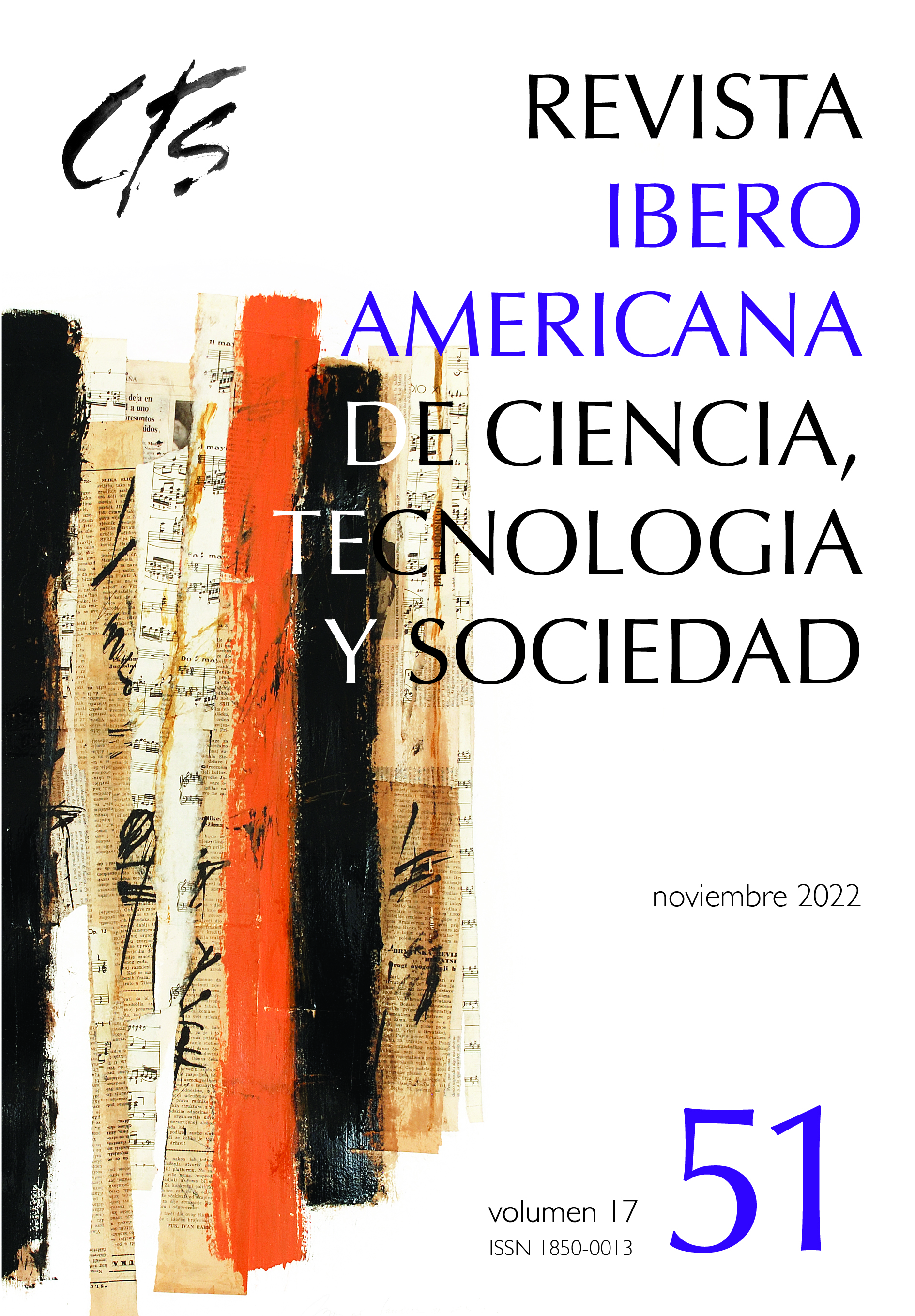FACTS: An STS Tool for the Evaluation of Processes and Products in Science Education
Keywords:
STS studies, STS formative assessment, critical science educationAbstract
This article presents FACTS, an STS tool that aims to evaluate practices, teaching materials and educational processes in basic education and science teacher training, based on a critical and reflective scientific education perspective. This tool is the result of an investigation supported by the frameworks of STSE studies and the Complexity Paradigm, and its design is based on the Delphi Method. This study had the participation of 37 researchers in the area of science education from Latin America (Argentina, Brazil, Chile and Colombia) and Europe (Portugal and Spain). The group contributed essential aspects to favor a critical scientific education and characterize it in relation to its assumptions, problems, contributions and challenges. Based on their positions, it was possible to build an evaluation instrument that allows to make diagnoses and more appropriate decisions in the teaching and learning of science. The FACTS rubric format allows to evaluate science education programs using qualitative or quantitative descriptors. It is intended to analyze and guide critical science education in the context of policies and educational programs.
Downloads
Downloads
Published
How to Cite
Issue
Section
License
Copyright (c) 2022 CC Attribution 4.0

This work is licensed under a Creative Commons Attribution 4.0 International License.
All CTS's issues and academic articles are under a CC-BY license.
Since 2007, CTS has provided open and free access to all its contents, including the complete archive of its quarterly edition and the different products presented in its electronic platform. This decision is based on the belief that offering free access to published materials helps to build a greater and better exchange of knowledge.
In turn, for the quarterly edition, CTS allows institutional and thematic repositories, as well as personal web pages, to self-archive articles in their post-print or editorial version, immediately after the publication of the final version of each issue and under the condition that a link to the original source will be incorporated into the self-archive.











